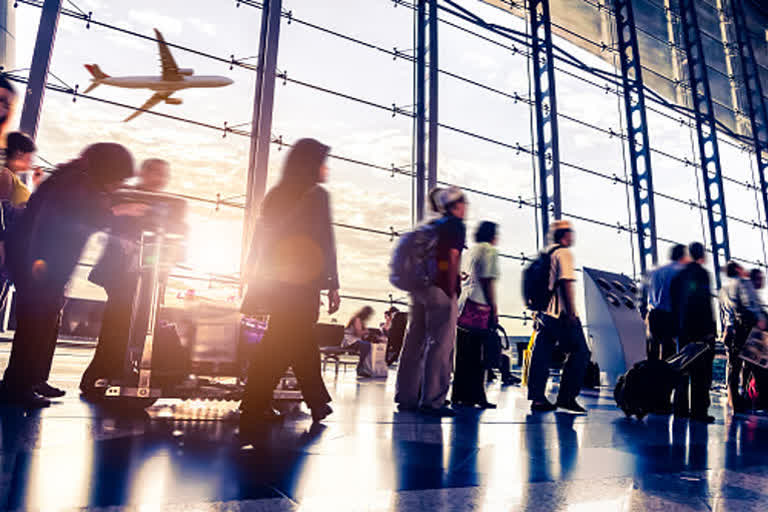Hyderabad: International Air Transport Association (IATA), a conglomerate of global air carriers has strongly opposed the proposed onboard social distancing measure of leaving the ‘middle seats’ empty when commercial airlines resume their normal services.
According to IATA, the move would deal yet another blow to the already bleeding aviation industry, bored down by the global lockdown and restrictions.
The international conglomerate has said, keeping the middle seats empty in a commercial carrier would only complicate the revival of the aviation industry. With fewer seats to sell, unit costs would rise sharply.
Compared to 2019, air fares would need to go up dramatically, anything between 43% and 54% depending on the region, just to cover operational costs, IATA says.
“Airlines are fighting for their survival. Eliminating the middle seat will raise costs. If that can be offset with higher fares, the era of affordable travel will come to an end. On the other hand, if airlines can’t recoup the costs in higher fares, they will go bust. Neither is a good option when the world will need strong connectivity to help kick-start the recovery from COVID-19’s economic devastation,” says Alexandre de Juniac, IATA’s Director General and CEO.
Running low on their cash reserves, most airlines are yet to receive any confirmation of stimulus package from their respective governments. In such a scenario, even if services resume, the average industry breakeven load factor will be at 77%. And calls for social distancing measures will fundamentally shift the economics of aviation by slashing the maximum load factor further to 62%, way ahead of the breakeven percentile.
According to IATA, depending on an informal survey of 18 major airlines across the world, followed by an examination of contract tracing of 1,100 passengers in between January and March, limited number of transmission has surfaced with no passenger-to-passenger on board transmission.
“This eventually only points to low transmission risk on board aircrafts. We should have standard safety protocols in place while operating commercial services like mandatory face-covering for passengers and masks for crew members,” the aviation body has said.
Adding to their recommendation, IATA says temperature screening of passengers, airport workers and travellers, boarding and deplaning processes that reduce contact with other passengers or crew, limiting movement within the cabin during flight, more frequent and deeper cabin cleaning and simplified catering procedures that lower crew movement and interaction with passengers, could be put in place firmly to run capacity services.
(ETV Bharat Report)



